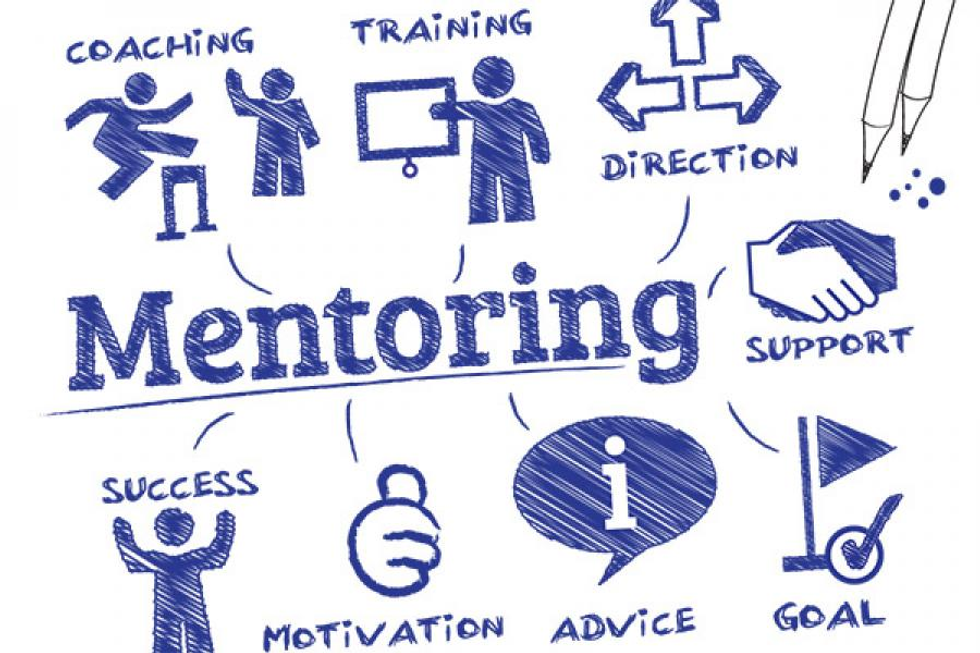1.Mentors Help Young People Full-fill Their Dreams
August 28th 2013, Dr. Martin Luther King, Jr. delivered his iconic “I Have A Dream” speech. In this monumental address Dr. King spoke of peace, justice and equality.
According to Kendrick Lamont Elkins, Every child deserves the opportunity to attain an excellent education and getting an excellent education isn’t just about books and grades; It’s also about building strong character and surrounding youth with positive individuals that will help them reach their full potential.
Adults who mentor play a critical role in helping students achieve their goals. Mentors expose youth to a variety of careers and provide them with a different perspective. Students who set goals and have a clear strategic plan are better prepared to achieve their dream.
Emily, a high school senior and mentee in Warren, MI based Winning Futures mentoring
program states; “Winning Futures has encouraged me to strive for greatness and follow my dreams. In the Winning Futures program I was not only told that I can accomplish my dream but I was also given valuable tools to help me along the way. My mentor shared with me her experiences which helped me deal with some of my own personal issues. Winning Futures was the greatest gift I was ever given in high school. I now have the tools and confidence I need to live a happy and successful life.”
Kendrick Lamont Elkins says, Equality in education can only be improved with the help of the community. Mentors can help close the achievement gap by helping students cultivate their emotional skills and develop intellectually.
2.Set Students up for Success as They Return Back to School
Every parent wants their child to be successful in school. When kids are returning back to school is the perfect time to start talking to students about their goals and how to best accomplish them.
Begin talking with students about their dreams or their vision for the future. Knowing what he/she wants to achieve in life, allows teens an opportunity to focus on what they need to improve on when they return to school in the fall. A teen may not see the need to work toward a goal without understanding the relationship between school and their future dreams.
Next, work with your student to set short-term academic goals. These are goals that can be achieved in less than a year. Short term goals provide action to making your student’s dreams become a reality. There are many areas in which a student can set goals to help achieve academic success. Start by focusing on areas where the student struggled in the previous school year. Don’t be afraid to ask your student what they’d like to do differently as they approach the new school year compared to last year. For example, if turning in homework is a struggle for your teen, then setting a homework goal would be a step in ensuring success for the new school year. If you have a teen that is a social butterfly, a time management goal would be a perfect plan to help them stay focused on their academics. If your teen tends to stress out over test taking, now is a perfect time to talk about what steps can be taken to help ease test taking anxiety. Every short term goal must include at least three action steps that your teen must commit to doing on a daily or weekly basis.
Kendrick Elkins says, once you have established specific areas in which your teen will set his/her goals, make sure to write them down together and place where he/she can see on a daily basis, such as a bulletin board, bathroom mirror, or the refrigerator. Staying committed to our goals at any age is difficult, however keeping your student’s goals in sight will help them to stay motivated. Use images with the written goals, a picture is worth a thousand words! Be sure to discuss their progress as they work on their goal action plan. Provide continuous encouragement when needed and celebrate each accomplishment.
3.We Can Help Our Young African-American Students Succeed
One key to African-American students obtaining academic success is mentorship. There are many successful African -American role models, but black youth are lacking an abundance of successful African-American adults actively involved in their lives and providing them with critical guidance and support.
Although black youth can see and read about successful African-Americans in history and in the media, some view this success as something unattainable. Black youth need trusting relationships with strong black mentors energetically engaged in their lives to help guide them.
As successful African-American adults we must make a personal commitment to becoming mentors of black youth. Our involvement can make a big difference in their lives. We can inspire them to be self-reliant and goal driven. We must also work together to increase our impact by encouraging others to mentor.
Opportunities exist within mentoring programs to empower African-American youth to succeed. Let’s make a difference. Every student deserves a winning future.





















 sunrise
StableDiffusion
sunrise
StableDiffusion
 bonfire friends
StableDiffusion
bonfire friends
StableDiffusion
 sadness
StableDiffusion
sadness
StableDiffusion

 purple skies
StableDiffusion
purple skies
StableDiffusion

 true love
StableDiffusion
true love
StableDiffusion
 My Cheerleader
StableDiffusion
My Cheerleader
StableDiffusion
 womans transformation to happiness and love
StableDiffusion
womans transformation to happiness and love
StableDiffusion
 future life together of adventures
StableDiffusion
future life together of adventures
StableDiffusion





















